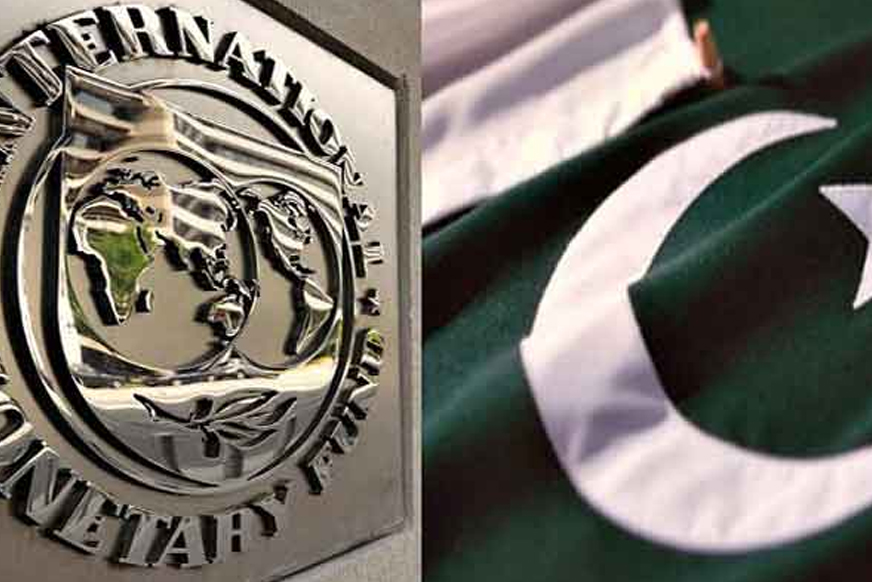The International Monetary Fund (IMF) has placed significant focus on Pakistan’s fiscal framework for the fiscal year 2023-24.
A primary objective of this fiscal strategy is the transformation of Pakistan’s primary deficit into a surplus, all within the framework of a $3 billion standby arrangement (SBA).
While the IMF’s primary concern lies with this specific target, it has raised eyebrows as it appears somewhat unconcerned about the broader picture of Pakistan’s expanding fiscal deficit.
As debt servicing obligations increase by a substantial Rs. 1 trillion for the current fiscal year, the IMF expects debt repayments to soar to a staggering Rs. 8.3 trillion by the conclusion of June 2024.
Pakistan, on its part, has proposed a fiscal deficit of 6.5 percent of GDP, translating to roughly Rs. 6.9 trillion for the current fiscal year. The federal government’s budget deficit is estimated to reach 7 percent of GDP or approximately Rs. 7.5 trillion, while the provinces are anticipated to generate a revenue surplus of Rs. 600 billion, thereby containing the country’s overall fiscal deficit at 6.5 percent of GDP.
Financial experts underscore the critical importance of managing Pakistan’s fiscal deficit since the government’s borrowing needs are currently being met by printing new currency.
This method of deficit financing increases the government’s reliance on external resources, augments the money supply within the economy, and ultimately fuels inflation.

The consequences of this trend are multi-faceted. On one hand, excessive government borrowing has the adverse effect of crowding out the private sector, slowing down economic growth.
On the other hand, sustaining a substantial deficit places a heavy financial burden on future generations.
To address and mitigate these pressing fiscal deficits in Pakistan, experts recommend a multi-pronged approach, including debt re-profiling, expenditure reforms, and the implementation of a more comprehensive and broad-based taxation system.
It is worth noting that during the quarter ending on September 30, 2023, Pakistan made considerable strides towards meeting the IMF’s primary surplus objective.
To achieve this, subsidies and development spending were significantly curtailed or postponed, thereby enabling the caretaker government to reduce the overall deficit, all while making progress towards the IMF’s primary surplus target.



